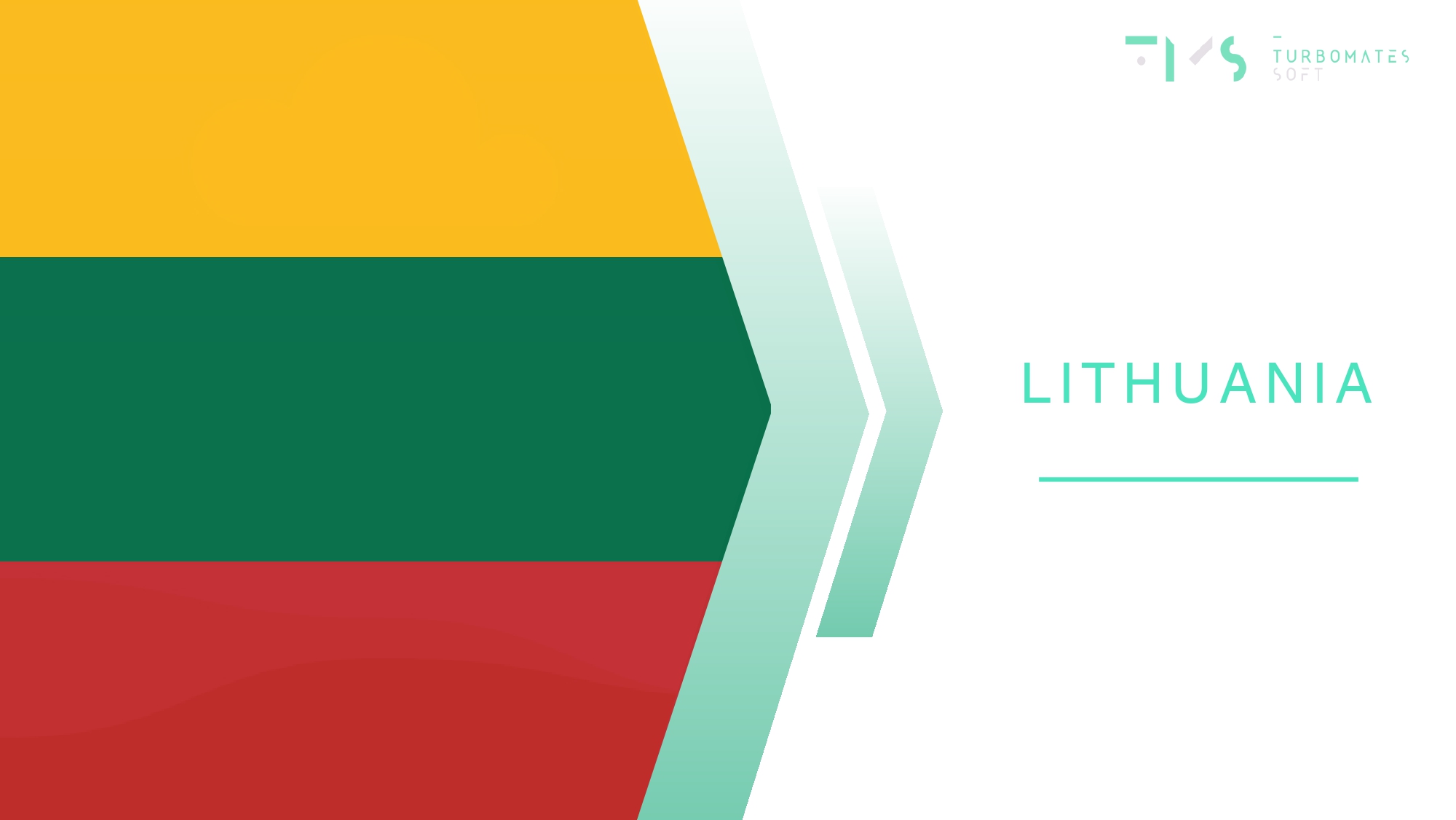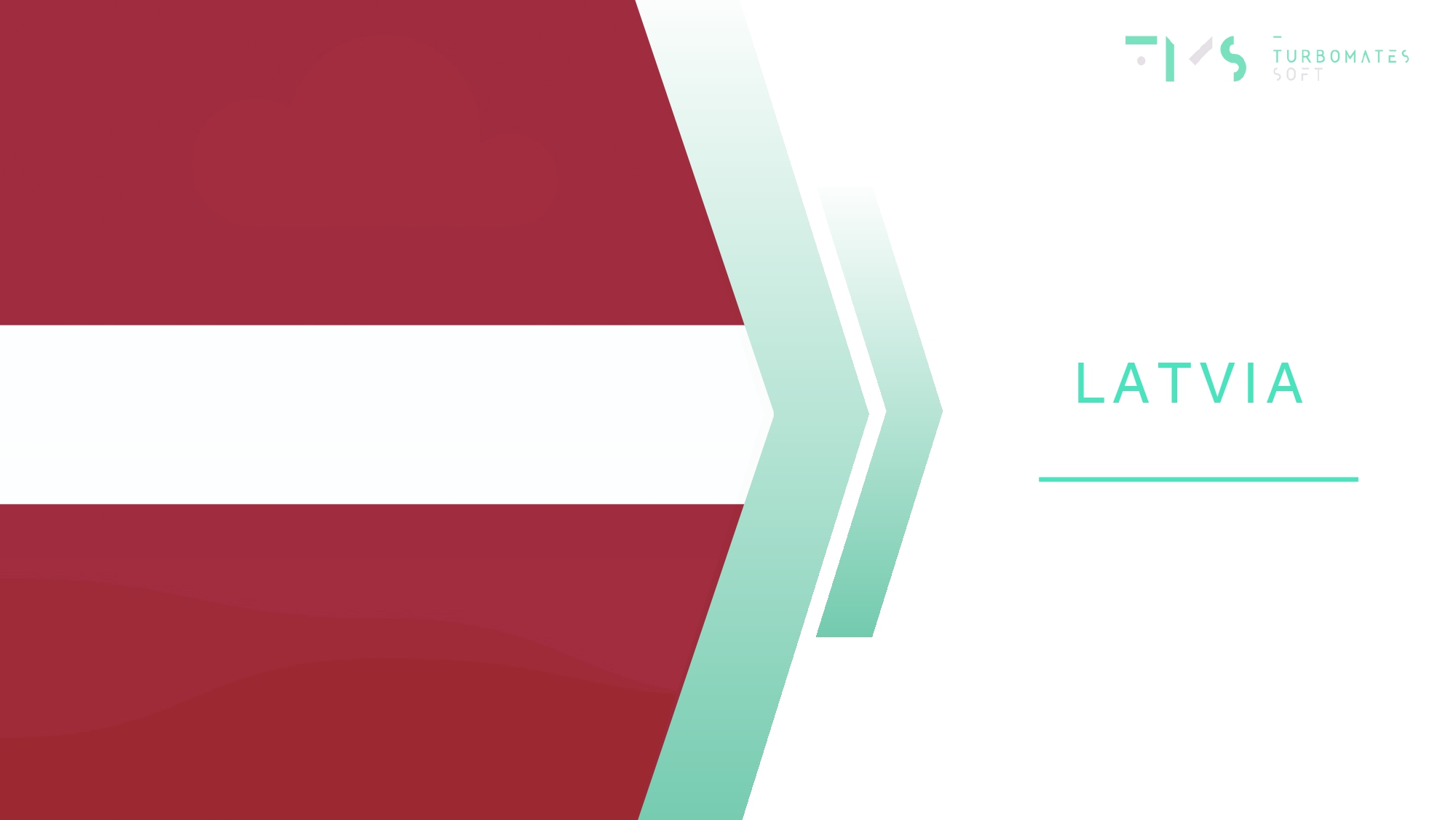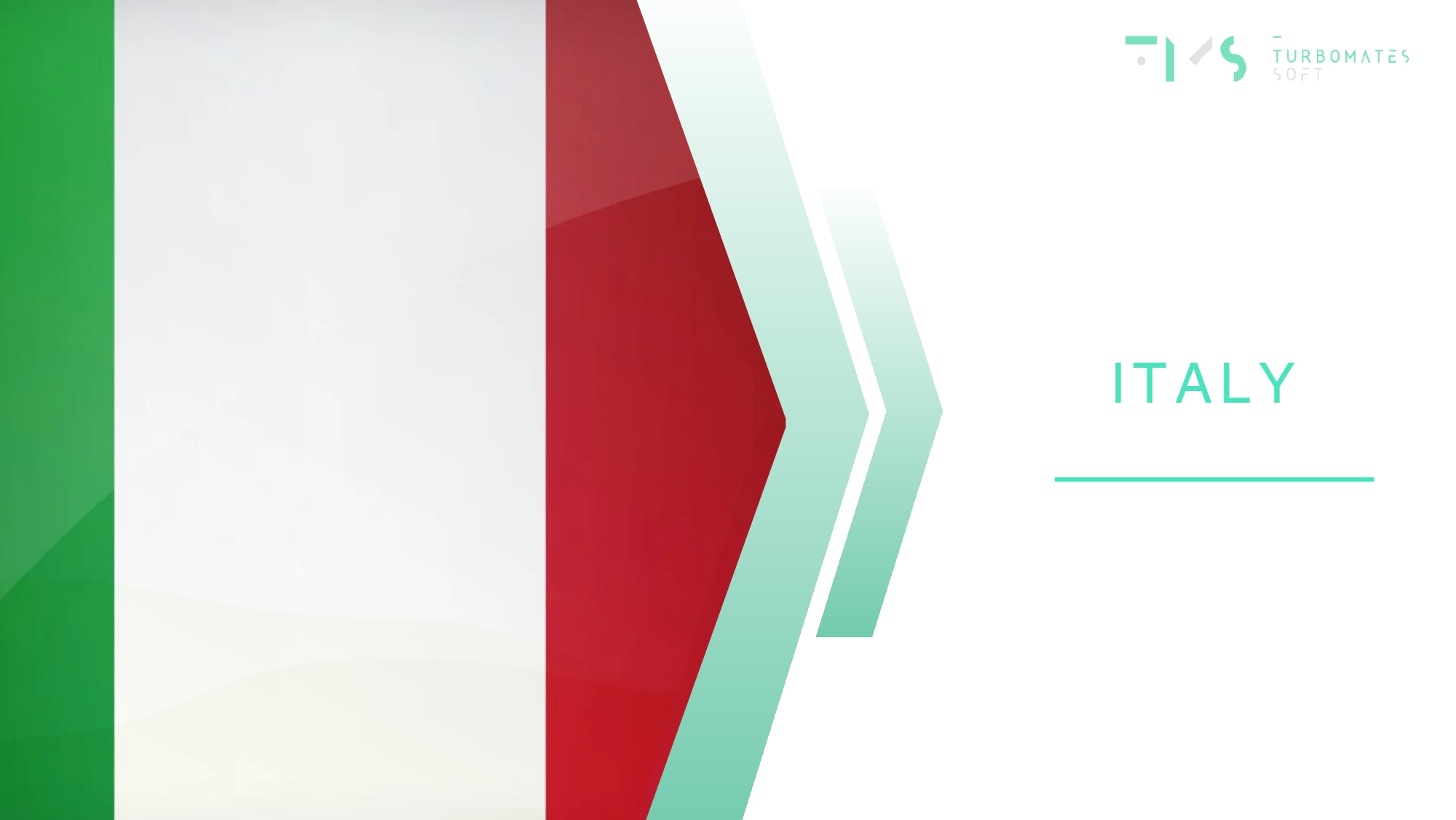General Trends in Advertising Regulation
The iGaming industry is experiencing a remarkable surge in growth, propelled by advancements in technology and shifts in consumer behavior. However, this rapid expansion is not without its challenges, particularly in highly regulated markets where governments are imposing increasingly stringent advertising regulations. This trend is evident not only in established markets like those in Europe but also in emerging regions such as Africa and Latin America.
In response to mounting concerns about the potential risks of excessive gambling, governments are ramping up efforts to safeguard vulnerable populations and promote responsible gambling practices. For instance, jurisdictions like Georgia and Lithuania have intensified their oversight of gaming operators and advertising strategies. By implementing stricter regulations, these countries aim to mitigate the adverse effects associated with gambling while fostering a safer and more transparent gaming environment.
Moreover, countries within the European Union are moving towards harmonizing their gambling regulations to ensure consistency and coherence across borders. This harmonization effort reflects a collective commitment to promoting responsible gambling practices and protecting consumers from harm. Similarly, CIS countries are enhancing their oversight of the iGaming market, with a particular focus on advertising practices. By strengthening regulatory frameworks, these countries seek to uphold the integrity of the gaming industry and safeguard the interests of both players and operators alike.
Navigating Laws: Varied Regulations in Gambling Promotion
In highly regulated markets, gambling advertising is subject to a myriad of legislative regulations meticulously designed to safeguard consumers and uphold the integrity of the industry. These regulations span various dimensions, each serving a critical role in ensuring responsible gambling practices and protecting vulnerable individuals.
- Prohibition of Advertising to Minors
First and foremost, stringent laws are in place to prohibit gambling advertising targeted at minors. These laws aim to shield impressionable young audiences from the allure of gambling and prevent the normalization of such behavior at a tender age. By strictly enforcing this prohibition, regulatory authorities seek to mitigate the potential harms associated with early exposure to gambling-related content. - Promoting Responsible Gambling Behaviors
Additionally, advertising content requirements play a pivotal role in promoting responsible gambling behaviors. Advertisements are mandated to include prominent statements that highlight the inherent risks of excessive gambling and underscore the importance of adopting responsible gambling practices. Clear age restrictions and disclaimers must be prominently displayed to deter minors from participating in gambling activities and ensure that only adults who have reached the legal gambling age are exposed to such content. - Regulating Time and Place
Time and place restrictions further reinforce the regulatory framework governing gambling advertising. Regulators impose strict limits on when and where gambling advertisements can appear to minimize the risk of underage gambling and protect vulnerable populations from undue exposure to gambling-related content. By carefully delineating permissible advertising channels and time slots, regulatory authorities aim to strike a delicate balance between commercial interests and consumer protection. - Licensing and Regulatory Oversight
Moreover, operators may be required to obtain permits or special licenses to advertise gambling services, with regulatory authorities closely monitoring advertising content to ensure compliance with established guidelines. This licensing and regulatory framework serves as a crucial mechanism for maintaining transparency and accountability within the industry, with violations subject to punitive measures ranging from fines to license revocation. - Combatting Deceptive Practices
One of the cornerstones of regulatory frameworks is the prohibition of deceptive advertising practices. Regulatory authorities are vigilant in identifying and penalizing misleading or aggressive marketing tactics employed by gambling operators. By upholding strict standards of transparency and fairness in advertising practices, regulatory bodies safeguard the interests of consumers and maintain the integrity of the gambling industry. - Enforcing Compliance
Violations of advertising regulations carry significant repercussions, underscoring the gravity of non-compliance in highly regulated markets. Consequences may include criminal charges, hefty fines, license revocation, and even asset seizure. By employing a range of enforcement measures, authorities send a clear message that ethical advertising practices are non-negotiable. Advertisers and operators must prioritize compliance with regulatory standards to maintain trust and credibility, fostering a sustainable and responsible gambling environment for all stakeholders.
Worldwide Overview of Gambling Ad Regulations
Each country adopts a unique approach to regulating gambling advertising, reflecting its legal framework and cultural attitudes towards gambling. From established European nations to emerging markets in Africa and Latin America, the regulatory landscapes vary significantly, shaping the advertising practices within each jurisdiction.
Lithuania: Stringent Gambling Advertising Prohibitions
In Lithuania, the government has implemented comprehensive prohibitions on the promotion and advertising of gambling activities through any means. This includes television, banners, and external advertising channels. Furthermore, operators are prohibited from offering incentives such as free spins or bonuses to players. These stringent measures reflect the government’s commitment to addressing concerns about excessive gambling and protecting vulnerable populations.
Latvia: Strict Regulations on Gambling Promotion
Similarly, Latvia maintains strict regulations on the promotion of gambling activities, with allowances limited exclusively to land-based casinos. Operators are only permitted to advertise by displaying the name of the casino, the organizer, and the official trademark. Offering participation in gambling for free or through promotional means is strictly prohibited, with stringent enforcement measures in place to uphold these regulations.
Estonia: Lenient Policies for Gambling Advertising
In contrast, Estonia affords operators significant freedom in advertising their gambling services, particularly through television and free streaming platforms. Casinos have the liberty to promote bonus offers, promotions, and their brand without significant restrictions. However, operators must exercise responsible advertising practices to ensure compliance with regulatory standards and safeguard consumer interests.
Finland: Stringent Ban on Gambling Advertising
Finland maintains a stringent stance on gambling advertising, with legislation prohibiting promotions across various mediums, including radio, television, online platforms, and public spaces. These measures are aimed at curbing the proliferation of illegal gambling services and protecting citizens from the potential harms associated with excessive gambling. Fines for violations of these regulations are substantial, reflecting the government’s commitment to enforcing compliance.
Italy: Comprehensive Gambling Advertising Ban
Italy implemented a sweeping ban on all forms of gambling advertising in 2019, prohibiting direct and indirect promotion through various information channels. This includes television, radio, print media, and the internet. The government also banned sponsorship in soccer, further restricting the presence of gambling-related content in the public domain. However, operators have the option to communicate directly with customers via SMS to convey information about jackpots, odds, and special offers.
Spain: Restricted Gambling Advertising Measures
In Spain, stringent regulations have been implemented to restrict almost all forms of gambling advertising, including sponsorships. Live broadcasts are only permitted to feature gambling advertisements during late-night hours, with welcome bonuses prohibited since 2020. These measures aim to minimize the exposure of vulnerable populations to gambling-related content and mitigate the potential harms associated with excessive gambling.
Belgium: Comprehensive Ban on Gambling Advertising
Belgium took decisive steps to combat addiction and debt associated with gambling by instituting a comprehensive ban on gambling advertising across multiple platforms. This prohibition extends to television, radio, cinemas, magazines, newspapers, public spaces, and online advertising on websites and social media. The government plans to implement further restrictions, including banning ads in stadiums and prohibiting gambling companies from sponsoring professional sports clubs.
Denmark: Permissible Gambling Advertising Guidelines
Denmark permits gambling advertising within its borders, provided it does not target minors and adheres to responsible gambling guidelines. Operators must highlight that gambling is primarily intended for entertainment purposes and refrain from conveying gambling as a means of making money. The Gambling Advertising Council oversees advertising practices, accepting consumer complaints and ensuring compliance with regulatory standards.
Sweden: Licensed Promotion of Gambling Activities
In Sweden, licensed gambling and betting activities are permissible, along with advertising for them. However, only games and lotteries licensed in Sweden are eligible for advertisement. The promotion of gambling activities is overseen by Hallå konsument, a nationwide information service managed by the Swedish Consumer Agency. By maintaining strict oversight and consumer protection measures, Sweden aims to ensure responsible gambling practices within its borders.
Strategic Insights for Navigating Advertising Challenges
In navigating the intricate terrain of advertising in highly regulated markets, gambling businesses can employ strategic approaches customized to their target demographics and regulatory landscapes. These strategies encompass a blend of digital marketing tactics, adherence to ethical standards, and a keen understanding of regulatory frameworks to ensure both compliance and effectiveness.
- SEO Optimization
Harnessing the power of Search Engine Optimization (SEO) can be a cornerstone of a successful marketing strategy in regulated markets. By optimizing website content and metadata with relevant keywords and phrases, gambling operators can enhance their online visibility and attract organic traffic. This approach not only improves search engine rankings but also establishes credibility and trustworthiness among potential customers. - Affiliate Marketing Partnerships
Collaborating with reputable affiliate marketing partners can be a strategic avenue for expanding reach and driving targeted traffic to gambling platforms. By leveraging the network and expertise of affiliates, operators can tap into new customer segments and benefit from tailored promotional efforts. However, it’s crucial to ensure that affiliate activities align with regulatory requirements and ethical advertising standards to maintain brand integrity and compliance. - Social Media Campaigns
Engaging in strategic social media campaigns can be instrumental in reaching and engaging with target audiences in regulated markets. Platforms like Facebook, Twitter, and Instagram offer opportunities to showcase promotions, share informative content, and interact with customers in real-time. By crafting compelling and compliant social media content, gambling operators can foster brand loyalty and drive conversion while adhering to regulatory guidelines. - Ethical Advertising Standards
Prioritizing ethical advertising practices is paramount in maintaining trust and credibility in regulated markets. Operators should adhere to strict guidelines regarding responsible gambling messaging, transparent disclosure of terms and conditions, and avoidance of deceptive marketing tactics. By upholding ethical standards, gambling businesses can build long-term relationships with customers and mitigate the risk of regulatory scrutiny or consumer backlash.
Navigating Regulatory Challenges and Staying Compliant
In the realm of online gambling, understanding and adhering to regulatory requirements are paramount for sustained success. Collaborating with legal experts and regulatory advisors enables gambling businesses to proactively address compliance challenges and ensure alignment with local laws. Additionally, fostering a culture of responsible gambling within the organization underscores commitment to consumer protection and regulatory compliance, bolstering brand reputation and longevity. Moreover, in a dynamic regulatory landscape, agility and adaptability are indispensable. By continuously monitoring regulatory changes, consumer preferences, and industry trends, operators can adjust their strategies accordingly, effectively navigating challenges and seizing opportunities in highly regulated markets.
Conclusion
In closing our discourse on gambling promotion within regulated markets, it becomes increasingly apparent that triumph stems from adeptly maneuvering the fluid regulatory terrain. Within these dynamic landscapes, businesses encounter a labyrinth of shifting legal frameworks and societal norms, demanding a vigilant and adaptive approach. By steadfastly upholding compliance, embracing ethical advertising practices, and flexibly adapting strategies, industry stakeholders are not only equipped to weather the regulatory tempest but also poised to thrive. Through this resilience and commitment to integrity, they pave the path towards enduring growth and cultivate unwavering consumer confidence amidst the perpetual evolution of the online gambling sphere.
Still have any questions? Read our guide on how to create a successful online casino in 2024.
Contact us to know more!









